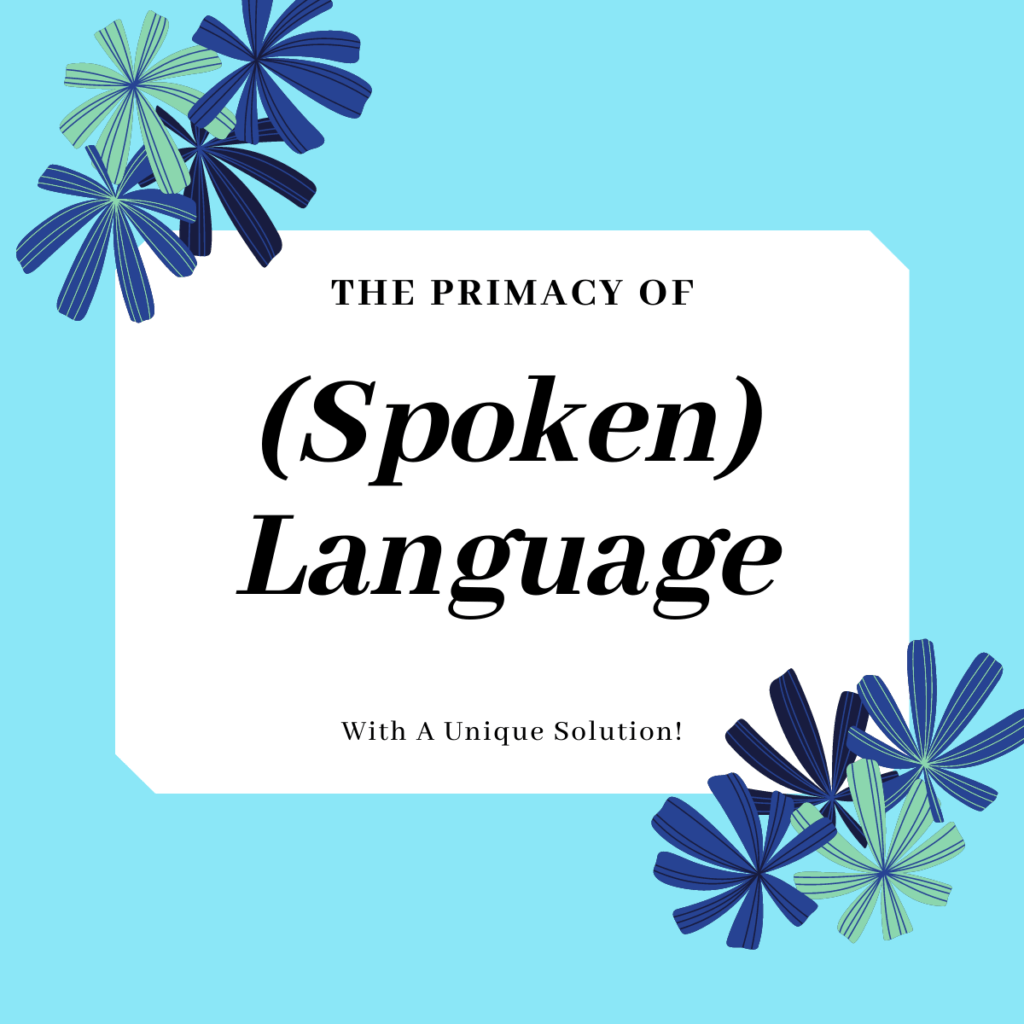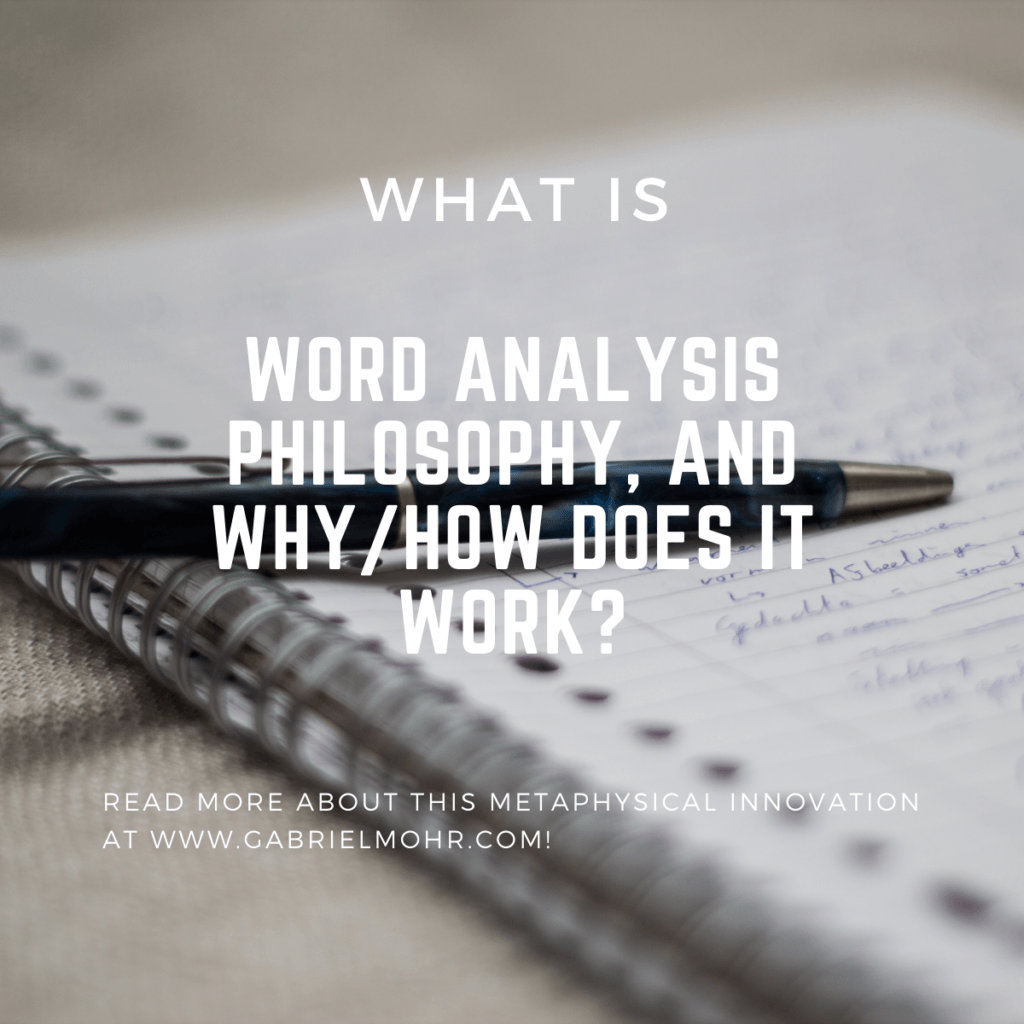
Quick Fact
-Spoken language is, ultimately, less effective than visual and emotional communication!
Intro
It’s very rare to come across a person who really knows what they’re talking about. It’s rare to be truly enthralled by someone’s speech, and when you are you are very much so. This is because (spoken) language is actually a very primal activity to participate in if we don’t understand what it’s meant to do.
A Key To The Mind
Words, from what I can tell, are simply keys that unlock images and/or form connections inside of the mind. It’s debatable as to whether or not these connections are formed on the spot or if they already exist and just need to be realized; regardless, speaking to each other helps us understand what we’re talking about because they invoke images and/or feelings.
We’ve gone ahead and attributed certain words to certain physical objects so that when we say the word we see the object in our minds. For example, if someone has finished telling me how their room looks they will probably put a good picture in my mind. If they do, I may respond with the words, “I see what you mean.”
A cat isn’t a dog, but we could very easily switch the words around so that what we call ‘cat’ we now call ‘dog’ and vice versa. In other words, we have the power to “assign” a word to any image or feeling out there.
We know that attributing words to physical objects is possible, but some of us have gone even further and created words that are attributed towards a unique point in metaphysical space. Abstractions like “home, good, bad, freedom, love, morality” etc aren’t attached to any physical object but are supposed to invoke a certain image or feeling in one way or another.
What you see/feel when you hear these words is different for everybody, and in that way, they hold a different meaning than words attached to physical objects; that is to say, hearing the word ‘love’ will attract different feelings/images for everybody, and the feelings/images felt/seen will be what is most meaningful to the person who hears it.
Most of us don’t seem to notice how powerful words really are. Our daily conversations can be (and from my observations, often are) evoking feelings or images that we don’t need to experience anymore. They can also show you an image or a feeling that you need to heal from, or perhaps they can give you a burst of joy.
The possibilities are infinite; words are the key to trapping yourself or liberating yourself based on the reality you create with them.
The Solution
Most of us aren’t in dire need to be free from the words we use, but for those that are there doesn’t seem to be much help available, and so I feel compelled to write a solution:
It is our responsibility to know which words invoke which feelings/images in our minds. Some words will matter more to us than others, and if we find our “trigger words” and keep paying attention to their realities we’ll find that they aren’t so bad after all. It is also our responsibility to consciously attribute words to the feelings/images we want to see/feel.
For example, we can consciously create the reality we want to experience when we think of the word “safe,” or “good,” or even words like “negative”, “bad,” so on and so forth. If we do this with multiple words, or even with every word we can think of, we’ll come closer to realizing the full extent of our power, and we’ll also become more individualized than we were in the past.
It’s also helpful (and sometimes funny) to create your own words in response to a situation or an event that hasn’t been realized by the whole of society yet.
This is very much an individual process. Creating and using words that are supposed to refer to something everyone can understand (for example, “book”) can cause a lot of problems if the words are taken too seriously. In other words, if too much emphasis is put on the word instead of the object it refers to, then negative thought patterns become a plague that has to be treated (see my post on Word Analysis Philosophy).
Also, if we never properly asked the question, “What does this word mean exactly,” then we never have the chance to create our own reality using the words provided to us by the people we know/have known, and thus we stay in the same metaphysical reality that we’ve always known no matter what happens to yourself or anybody else around you.
I’ve created a few words that describe some unnamed points within the metaphysical, and I must say it’s quite liberating. One day I felt a strange mix of fierce determination combined with immeasurable sadness and decided to call that state of being “kuti.” Since there doesn’t seem to be a word for the act of paying attention to attention I created the word “wadina” to describe this. “Tasmodia” is a word that describes a person who is a genuine, raw lover of the earth. “Lukana” is the sensing of tiny, subtle subconscious ripples in the back of your mind. “Krisikara” is the state of feeling enlightened through massive amounts of feeling, imagination, realization, and transformation while recognizing that the state itself is only a feeling that will help continue the cycle forever.
The only problem with these words is that they become less meaningful to the next person who hears them, starting with me; that is to say, these words are most meaningful to me, then they will provide slightly less meaning to you if you have never seen or heard them before, and then they will provide slightly less meaning to the next person you tell than they did for you.
That is why (if you feel the need) you must create your own words for yourself only. Hell, it’s even fun to make a new word for something well-known instead of calling it what everybody else does!
The Primacy of (Spoken) Language
Language is a tool that is meant to bring someone to a certain point in metaphysical space. It does a rather poor job of this unless it brings someone to a point of metaphysical space that mirrors the physical world.
For example, the word “parrot” brings a picture of a parrot to your mind, but the word “compassion” will probably also bring a picture of a physical event, situation, object, or person into your mind despite its true power lying deeper into the metaphysical.
In other words, some words like “compassion” have the potential to (for lack of better wording) bring you further into the mind when it is fully realized. It can give you an image/feeling that is unique to you instead of an image that mirrors the physical world. Why is this important? Because consciously invoking the uniqueness out of different words provides the feeling of meaning to those who feel trapped by them, and even to some who aren’t.
With this realization (and by doing this ourselves) we can transform language from a damning trap into a subjective art that provides infinite meaning!
Conclusion
Thank you for reading my post! I’m very glad that you’re here, and I’ll see you in the next article!

